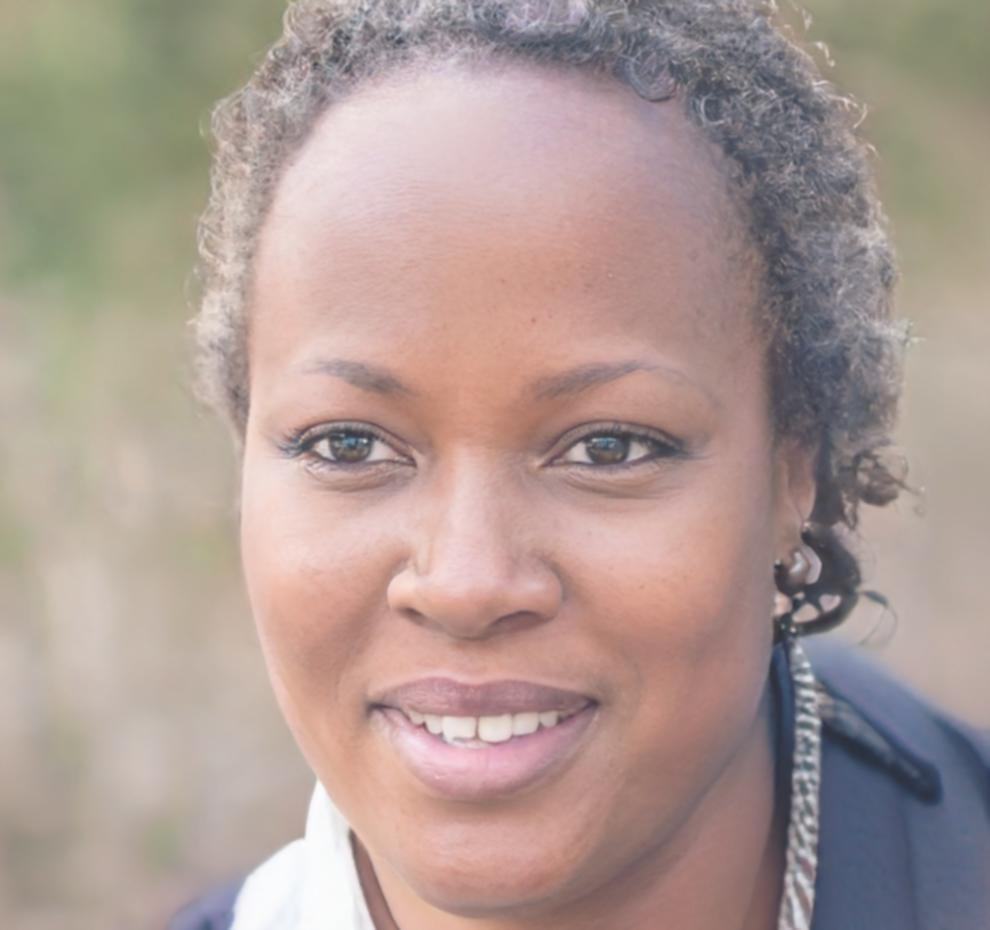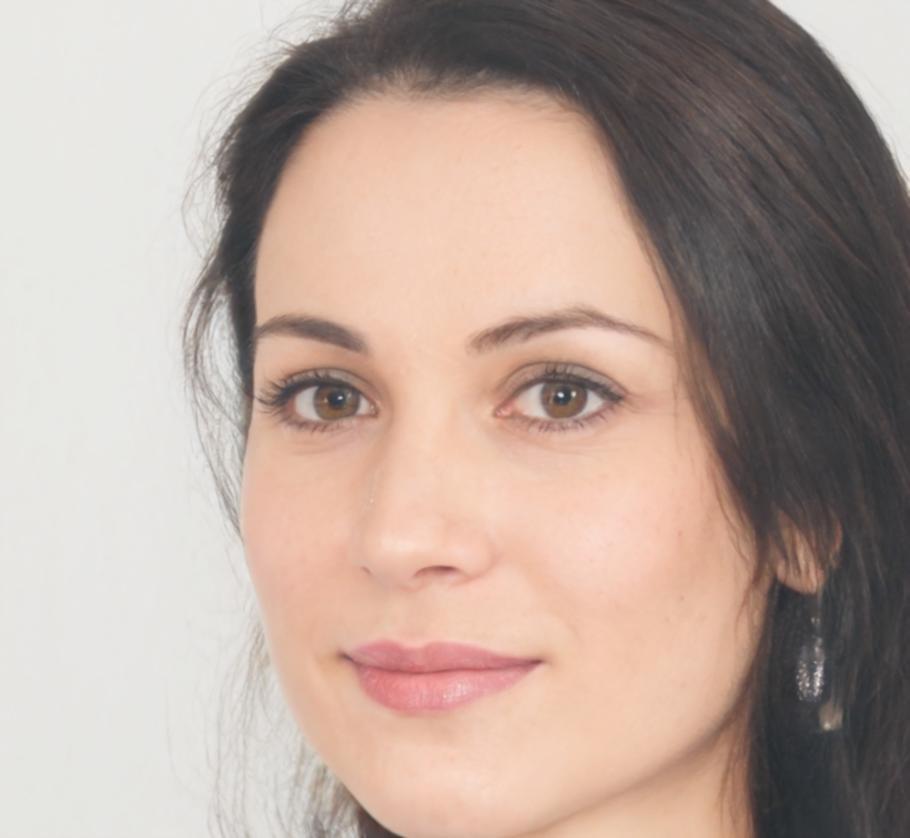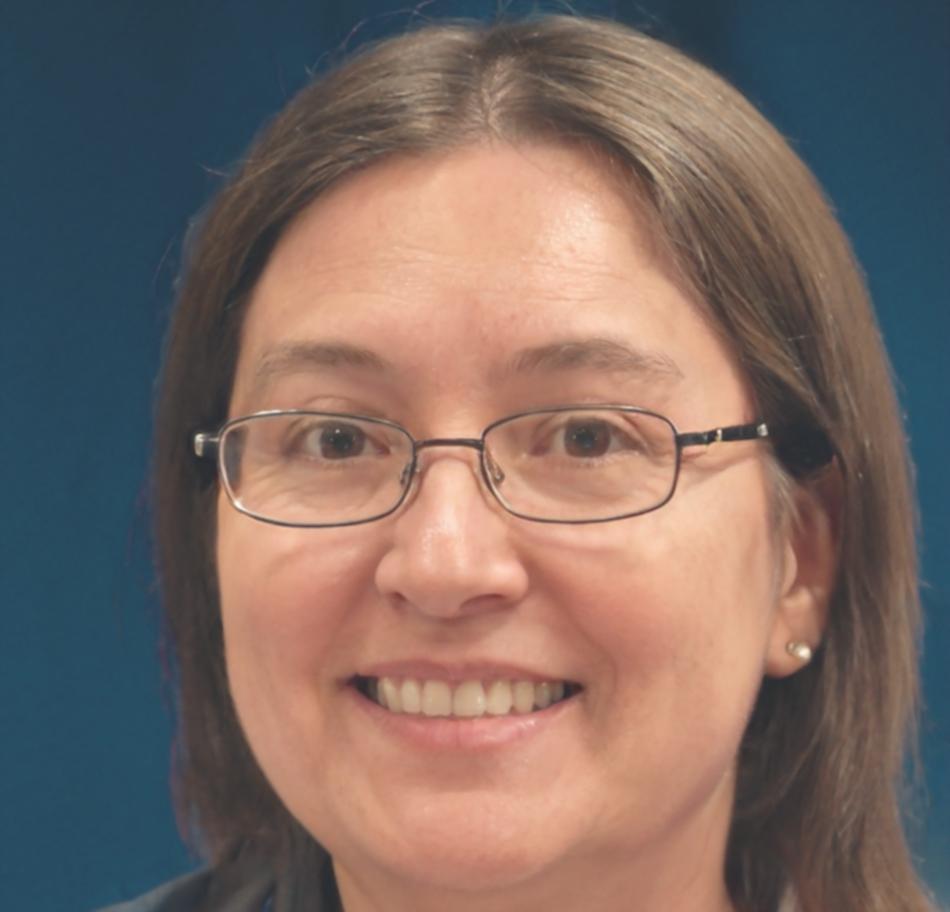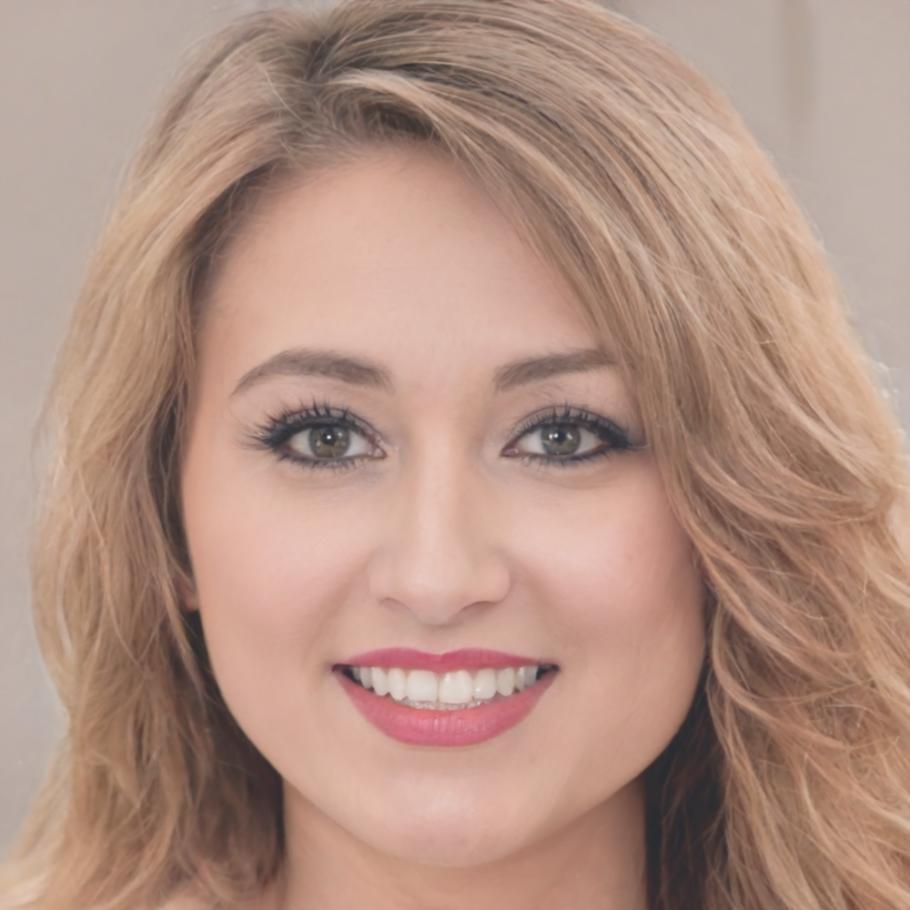Where Curiosity Meets Insight: Learn, Share, and Grow
Echoes of Innovation: "Master Real World Budget Forecasting for Practical Financial Success"
Step into a space where curiosity fuels growth. At Ultrajoinpanel, we focus on real-world skills—like mastering budget forecasting—to help you thrive in your career. Our programs blend depth, clarity, and practical insight, built for ambitious learners like you.
Identify the Perfect Fit for Our Course
Enhanced ability to leverage technology for productivity.
Heightened confidence in one's abilities.
Strengthened ability to navigate digital platforms
Enhanced ability to synthesize information
Improved ability to leverage technology for learning
Strengthened sense of curiosity.
Increased ability to synthesize information.
Improved self-discipline and motivation.





Master Your Budget Forecasting Journey Today!
Budget forecasting often feels like a straightforward numbers game—plugging in data, running calculations, and waiting for the results to tell you where you stand. But in practice, even seasoned professionals can get tangled in a web of assumptions they don’t realize they’re making. That’s where finances steps in. It’s not just about sharpening your technical skills, though we do that, too. It’s about learning to see the bigger picture—the subtle interplay between what the numbers say and what they don’t. For instance, many people approach forecasting as if it’s static, something to pin down and lock in. But here’s the rub: forecasts are living things. They shift, they breathe. They’re shaped as much by the context you bring to them as by the data itself. We spend time unraveling this mindset, showing how to embrace uncertainty without it feeling like you’re losing control. One of the trickiest parts? People often confuse precision with accuracy. A forecast can feel satisfyingly exact while being completely wrong. That’s a tough habit to break, but it’s a necessary one. Here’s something that might surprise you: we’ve found that the most common roadblock isn’t a lack of competence, but confidence. There’s a moment—usually around the midpoint—where learners hit a wall. It’s not because the math gets harder, but because they start questioning everything they thought they knew. That’s a good sign. It means you’re starting to see forecasting for what it really is: a tool for navigating ambiguity, not eliminating it. And yes, we dig into the nuts and bolts—how to structure models, test assumptions, and stress-test scenarios. But we also talk about the stuff that doesn’t fit neatly into spreadsheets, like knowing when to trust your gut or when to accept that a perfect forecast doesn’t exist. One of our favorite exercises? Looking at historical forecasts you’ve worked on and picking apart the blind spots. It’s humbling, sure, but also oddly freeing. Because once you see where you went sideways, you realize you can course-correct next time. And that’s the real takeaway—understanding that forecasting isn’t about being right all the time. It’s about getting better at being slightly less wrong.
Begin Now
Unlock Your Potential: Take the First Step
-
Refined strategies for promoting online entrepreneurial education
-
Advanced strategies for effective online communication
-
Understanding online academic integrity
-
Improved ability to engage in virtual discussions
-
Improved understanding of the role of online learning in promoting diversity
-
Enhanced awareness of the ethical use of online educational data
Enhanced
587460 ₩Custom scenario modeling—that’s what tends to catch people’s attention in the Enhanced tier. The ability to test "what if" questions against your actual numbers isn’t just a feature; it’s a shift in how you think about planning. For instance, you can adjust assumptions—like a sudden vendor rate increase—and see the ripple effects on your cash flow in seconds. And yes, this kind of hands-on exploration matters most to people who want more than static charts. There’s also dedicated one-on-one guidance, which, let’s be honest, is often the difference between feeling stuck and building real momentum. You’re not just handed a tool and left to figure things out. I’ve seen people light up after a quick session, saying, “Oh, I didn’t even realize I could approach it this way.” It’s personal, not cookie-cutter, which means it meets you where you are—whether that’s deep in the weeds of spreadsheets or just starting to organize your numbers. Does this sound like the kind of support you’ve been missing? If you’re the type who wants to understand both the big picture and the fine details but doesn’t want to waste time reinventing the wheel, the Enhanced option might feel like home.
Basic
483350 ₩The "Basic" option is designed for learners who prefer a straightforward, foundational approach to budget forecasting—often those who feel more comfortable starting with manageable steps. It focuses on core concepts like identifying spending patterns and basic trend analysis, which some participants find empowering in their simplicity. The inclusion of structured, low-pressure exercises allows for practice without feeling overwhelmed—one participant mentioned appreciating how the examples didn’t assume prior expertise. While it doesn't dive deeply into advanced techniques, the clarity and steady pace make it easier to build confidence, especially if you're someone who learns best by focusing on one concept at a time.
Pricing Overview for Training Packages
At Ultrajoinpanel, we believe education should adapt to your goals, not the other way around. That’s why our plans are designed with flexibility in mind—different paths for different learners. Whether you’re diving deep into a subject or just exploring, there’s something here for you. Explore our options below to find your ideal learning path:
Reflecting on Customers Connections
-

Joana
Conquered: Budget forecasting used to take me hours—now it’s a quick process, and I finally understand where my money goes.
-

Mateo
Struggling with budget forecasting felt like wandering in a maze—until the group discussions lit the path, step by step.
-

Gabriella
Skills expanded faster than I imagined—I went from clueless to confidently planning budgets in just weeks.
-

Catharine
Revealed: Understanding budget forecasting helped me confidently plan my expenses—and even save for unexpected costs!
-

Carolina
"Discovered: Budget forecasting feels like a superpower—I can plan, save, and still have room for fun. Who knew numbers could do that?"
-

Eva
This approach felt like learning to navigate a ship—suddenly, the fog around numbers cleared, and I could see the path ahead.
Your Virtual Workshop Roadmap
The online learning process for the finances course feels surprisingly dynamic—nothing like the dry, one-size-fits-all approach you might expect. From the moment you log in, you're greeted with a dashboard that's more like a toolbox than a classroom. Each week, you're given a mix of video lectures, interactive exercises, and downloadable resources, but the real magic is in how it’s all tied together. For example, you might watch a video breaking down the components of a balance sheet, and then immediately dive into a simulation where you adjust numbers to see how they impact a company’s financial health. It’s not just passive learning; you’re tinkering with ideas, making mistakes, and figuring out why things work—or don’t. And the discussions? They’re not just “post your thoughts and reply to two classmates” type of stuff. Instead, you might find yourself debating the ethics of debt financing or arguing over whether a budget overhaul was the right move for a hypothetical business. It’s engaging, but also a bit humbling, especially when someone else’s perspective makes you go, “Wow, I didn’t think of that.” The pacing is flexible, which is great if you’re juggling work or family, but it also means you have to be disciplined. There’s no professor glaring at you from across the room, so it’s easy to procrastinate if you’re not careful. But when you finish a module and actually feel like you’ve learned something concrete—like how to read an income statement without your eyes glazing over—it’s worth every late night and extra coffee.
Make learning an enjoyable experience with online study.
The Professional Framework
Revolutionizing Online Learning
Education isn’t just about facts and figures—it’s about sparking curiosity, fostering connections, and building skills that stick. You know that feeling when something finally clicks, and suddenly, a once-daunting concept feels manageable? That’s the kind of experience that changes how we think, and it’s what every learning environment should aim for. It’s not about cramming as much information as possible; it’s about showing people how to think, adapt, and approach challenges with clarity. At ultrajoinpanel, this belief is at the heart of everything they do. Specializing in budget forecasting, they’ve created a space where learners don’t just crunch numbers—they understand the story behind them. Sessions are built around collaboration, real-world scenarios, and tools that feel intuitive rather than overwhelming. The result? Participants walk away not just with stronger forecasting skills but with a sense of confidence in their decision-making. It’s the kind of learning that sticks with you—because it’s not just about the spreadsheets; it’s about the bigger picture.
Our Online Learning Architecture
Their approach to tackling complex learning obstacles is rooted in an understanding that not everyone absorbs information the same way. For instance, when it comes to budget forecasting—an area where even seasoned professionals can feel overwhelmed—they’ve built a suite of multimedia learning tools that break down dense concepts into digestible, relatable chunks. Think interactive video tutorials that simulate real-world scenarios, or infographics that map out intricate forecasting processes step by step. There's something about seeing numbers come alive in a dynamic chart or hearing a concept framed in conversational language that makes it click in a way a static spreadsheet never could. And for those who learn best by doing, their hands-on modules let users experiment with forecast models in a risk-free environment, adjusting variables and seeing immediate outcomes. It’s not just about teaching; it’s about making learners feel confident enough to apply what they’ve learned when it counts. Behind the scenes, they’re meticulous about quality control—an often-overlooked detail in digital learning. Every piece of content, whether it’s a 30-second animation or a detailed case study, goes through multiple rounds of review by subject matter experts, instructional designers, and even a small group of beta learners. This ensures accuracy and clarity, but also that the tone stays approachable and engaging. They’re big believers in feedback loops, too. If a certain module gets flagged for being too complex or not delivering the intended "aha moment," they’ll rework it until it does. It’s a constant back-and-forth between their team and the people they’re trying to empower. And honestly, that’s what sets them apart—this relentless commitment to crafting learning experiences that don’t just teach but truly resonate.
When it comes to teaching budget forecasting, Ciara doesn’t just stick to a script. Sure, she starts with a structured framework—students need some scaffolding—but she’s quick to veer off course if a question or curiosity sparks something worth chasing. She has this way of pausing mid-discussion to ask, “But what if that assumption is dead wrong? What happens then?” It’s not just a throwaway question either; she’ll sit in the discomfort of ambiguity until her students start rethinking the foundations of their approach. The result? Her classes often feel less like lectures and more like collective problem-solving sessions. Ciara’s perspective comes from years of working with learners who couldn’t be more different. Fresh grads unsure of their footing, mid-career professionals itching for a reset, even the occasional skeptic who swears forecasting is all guesswork—she’s taught them all. Her classroom isn’t flashy, but it’s purposeful: whiteboards covered in half-finished charts, post-it notes stuck to the walls, and the occasional coffee mug forgotten on a desk. A former student once joked that Ciara’s classes felt like "a think tank disguised as a workshop," and honestly, that’s not far off. Her questions stick with people. Months after the course ends, students tell her they’ll still find themselves wondering, “Wait, is this assumption holding me back?” It’s not a bad legacy to leave behind, is it? And she’s not flying blind, either—Ciara keeps a close-knit circle of industry folks who keep her in the loop. For instance, she recently overhauled an entire module after hearing about how AI tools were shifting forecasting norms. It’s not about chasing trends for her, though. It’s about making sure what she teaches doesn’t feel like it’s stuck in the past.
Talk to Us
Reach Out
- 623-1 Choji-dong, Danwon-gu, Ansan-si, Gyeonggi-do, South Korea
- +82555456414
Stay ahead in your learning journey. Subscribe for updates on new opportunities and insights.
Treating Your Cookies
Continued use of this site acknowledges our cookies use accept.